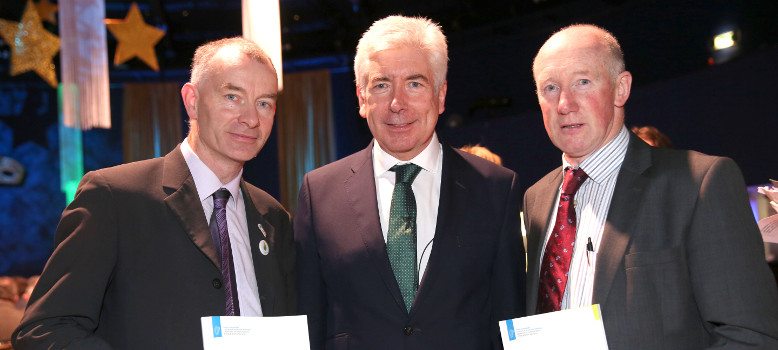Future Renewable Energy Policy Must Support Community Ownership

Renewable energy in Ireland is at a crossroads and community involvement is the way forward, writes Renewables Project Team Chairman James Murphy
Almost 50% of the country’s mandatory targets set by the EU remain to be delivered. There are only four years left to achieve these targets
Opposition to renewables continues to grow, due to a combination of inadequate consultation, inappropriate scale of the developments – particularly wind farms – imposed on rural areas, and a lack of community participation in projects.
If Ireland is serious about delivering on its renewable commitments, the future must look very different to the present.
Community must be involved
The Programme for Government set out by the next administration must include a clear commitment to legislate for set-back distances of wind turbines from sensitive properties, such as family homes and schools. No applications should be accepted by any planning authorities unless they clearly state that communities in the vicinity of a proposed project have been consulted and engaged with. This community involvement must happen before the planning application is lodged.
These same communities must be at the centre of future renewable energy developments. This means that to be eligible for state financial support all large scale energy development companies must offer at least 25% of each project for community ownership, once built out. In addition, each year at least 1% of the turnover from these projects must be invested back into local communities to support rural regeneration and employment.
Government policy will be central
If Government is serious about community participation in renewable energy production, it must put in place the following measures for community projects: a 2c/kWh tariff premium, grid exemption and a community quota – whereby at least 25% of any new renewable scheme is ring fenced for community projects that have at least 25% community ownership.
The delivery of these policy measures can make a significant difference to rural communities. They can also contribute to the delivery of Ireland’s EU renewables and climate obligations. IFA will continue to lobby for these important measures, in particular in advance of the forthcoming election. Join us!




